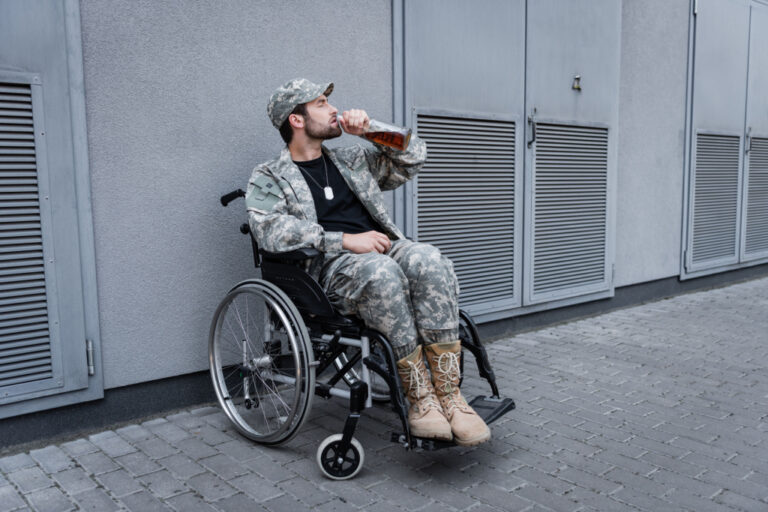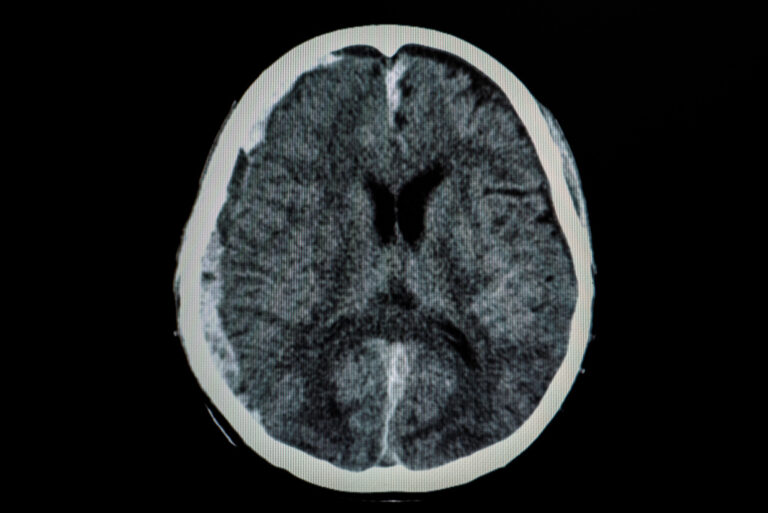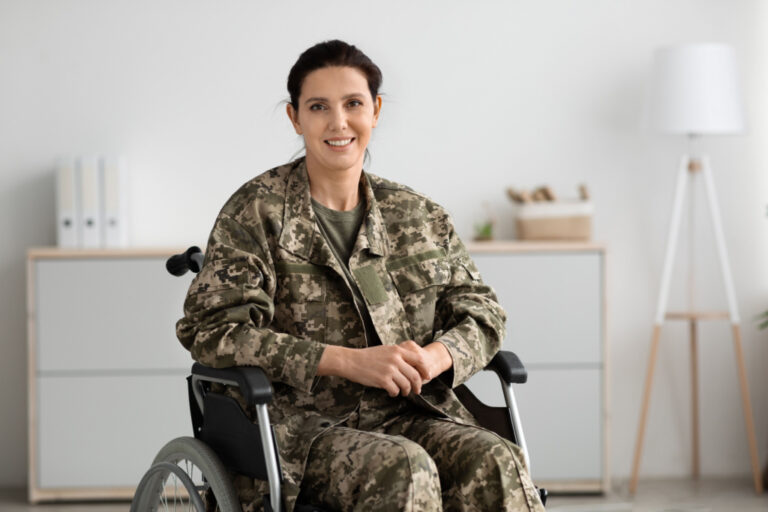
The Department of Veterans Affairs offers disability benefits to qualifying veterans dealing with mental health challenges or physical disabilities resulting from their time in service. Those benefits are available whether your service involved direct combat or you served stateside.
While both combat and non-combat veterans qualify for benefits, the nuances of the claims process can differ. Your Ohio veterans disability attorney explains what you need to know to get the benefits you deserve.
All Veterans Are Eligible for VA Disability Benefits if They Qualify
All veterans who have a current physical or mental health condition that is connected to their military service are potentially eligible for VA disability benefits. The determining factor is the link between your condition and your time in service, not the specific duties you carried out in service.
This means that a veteran who served in a support role stateside can be just as eligible for benefits as a veteran who saw direct combat, provided they can demonstrate the service connection for their disability.
The Key Differences in Claims Processing
Every veteran must prove a service connection to be eligible for benefits. However, the VA recognizes that the nature of a veteran’s service, can sometimes simplify or change the evidence needed for the claim. Let’s take a closer look.
Non-Combat-Related Claims
For veterans whose disabilities are not directly caused by time in combat, establishing service connection typically requires a more direct and often more detailed line of evidence. This may involve the following:
- Documenting the in-service event that led to the injury.
- Providing medical records showing care received for the initial injury.
- Providing records that show continued disability due to the injury.
- Getting an independent statement from a doctor explaining that the injury resulted from their time in service.
These claims often rely heavily on detailed medical records and clear explanations of how the in-service event caused or aggravated the current condition. Your Ohio veterans disability attorney can help you get the necessary documentation in place.
Combat-Related Claims
Claims for disabilities resulting from combat are often easier to prove and may require less extensive evidence. The VA acknowledges the inherent stressors and risks of combat, which can lead to a variety of physical and mental health conditions. While a service connection is still required, the VA may give greater weight to a veteran’s personal testimony and the documented fact of their combat service when evaluating the link between their experiences and their current disability.
Additionally, certain presumptive conditions are specifically linked to combat exposure, potentially easing the burden of proof for veterans who served in specific conflict zones.
What to Do if You Need to File a Claim

Whether your service was combat-related or not, the following steps are crucial when filing a VA disability claim:
- Gather your service records: These documents provide essential information about your time in the military, including your dates of service, units, duties, and any reported injuries or illnesses.
- Obtain your medical records: Collect all relevant medical records, both from your time in service and any treatment you’ve received since leaving the military. This includes diagnoses, treatment plans, and doctor’s opinions.
- Document the service connection: For non-combat claims, this might involve detailed descriptions of specific incidents or ongoing exposures. For combat-related claims, describe your combat experiences and how you believe they contributed to your current condition.
- Seek medical opinions: Get a strong medical opinion from a qualified healthcare professional. This opinion should explicitly state that your current disability is at least as likely as not due to your military service.
- Consider buddy statements: Statements from fellow service members who witnessed events related to your injury or the onset of your condition can provide valuable supporting evidence..
- Be thorough and honest: Provide complete and accurate information in your application. Any inconsistencies or omissions can delay or negatively impact your claim.
- Understand the appeals process: If your initial claim is denied, understand your right to appeal and the different levels of the appeals process.
Schedule a Consultation Today
Navigating the VA disability claims process can be complex, and understanding the nuances between combat-related and non-combat-related claims is just one piece of the puzzle. Contact an experienced Ohio veterans disability attorney to learn more about your options and to get help filing for benefits.






